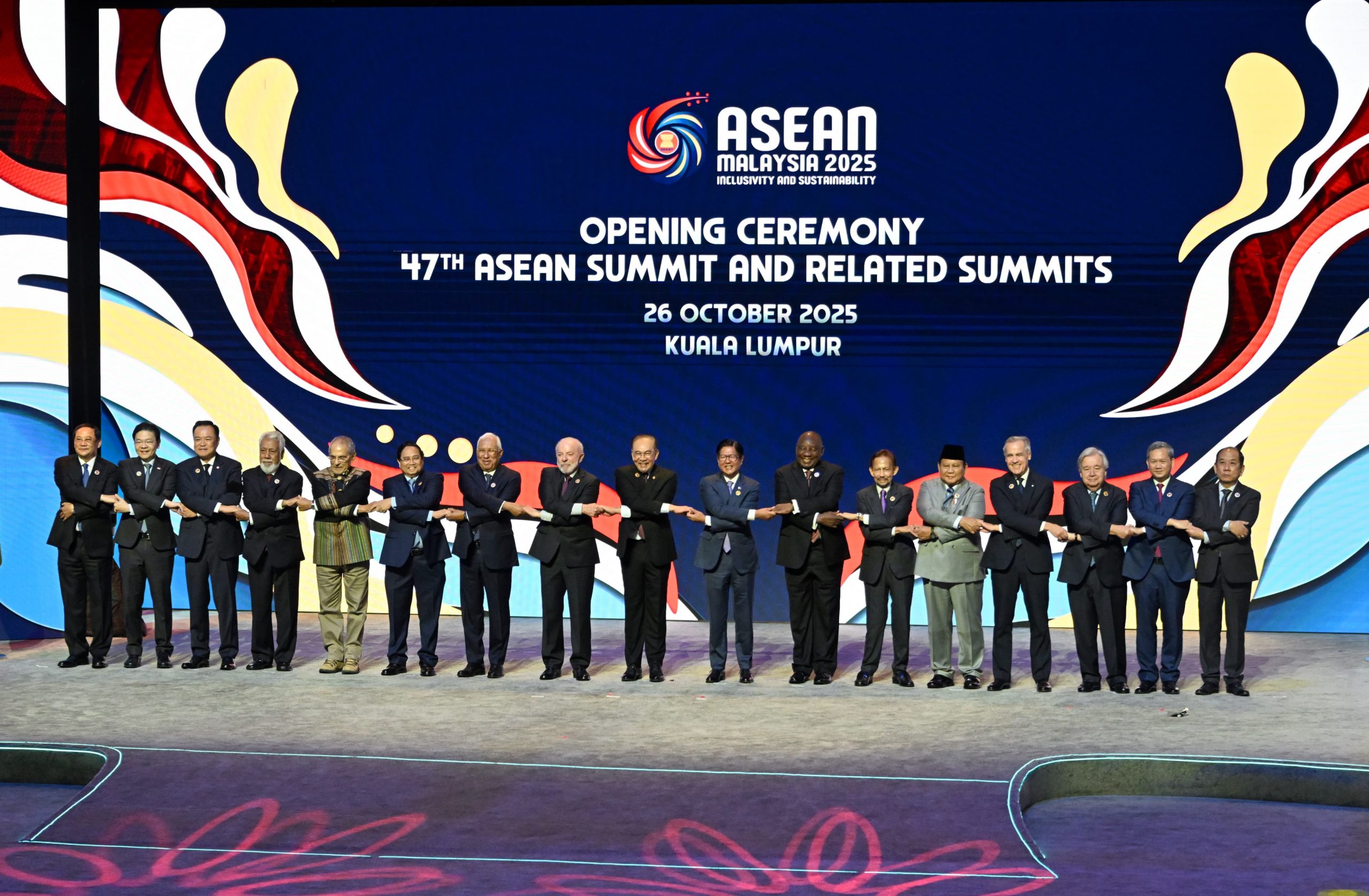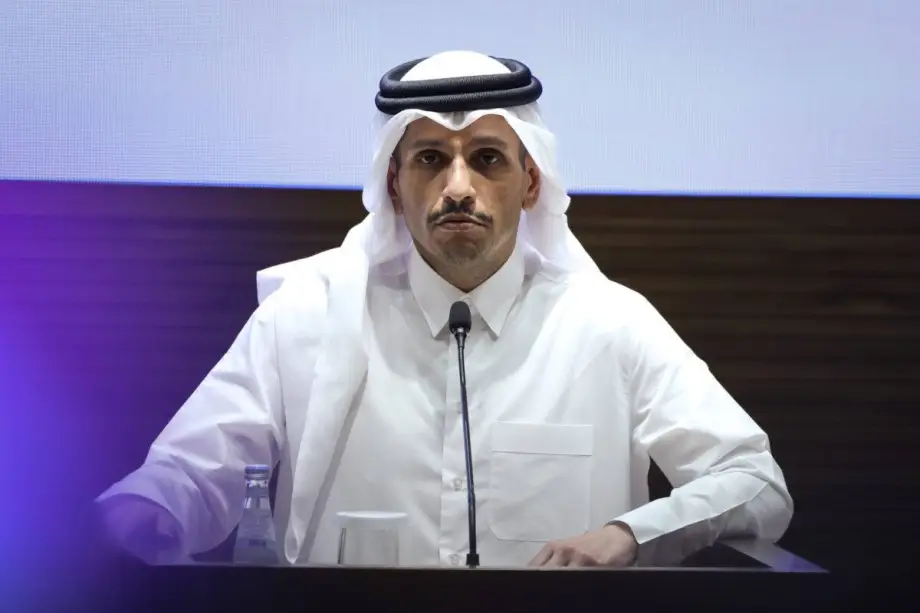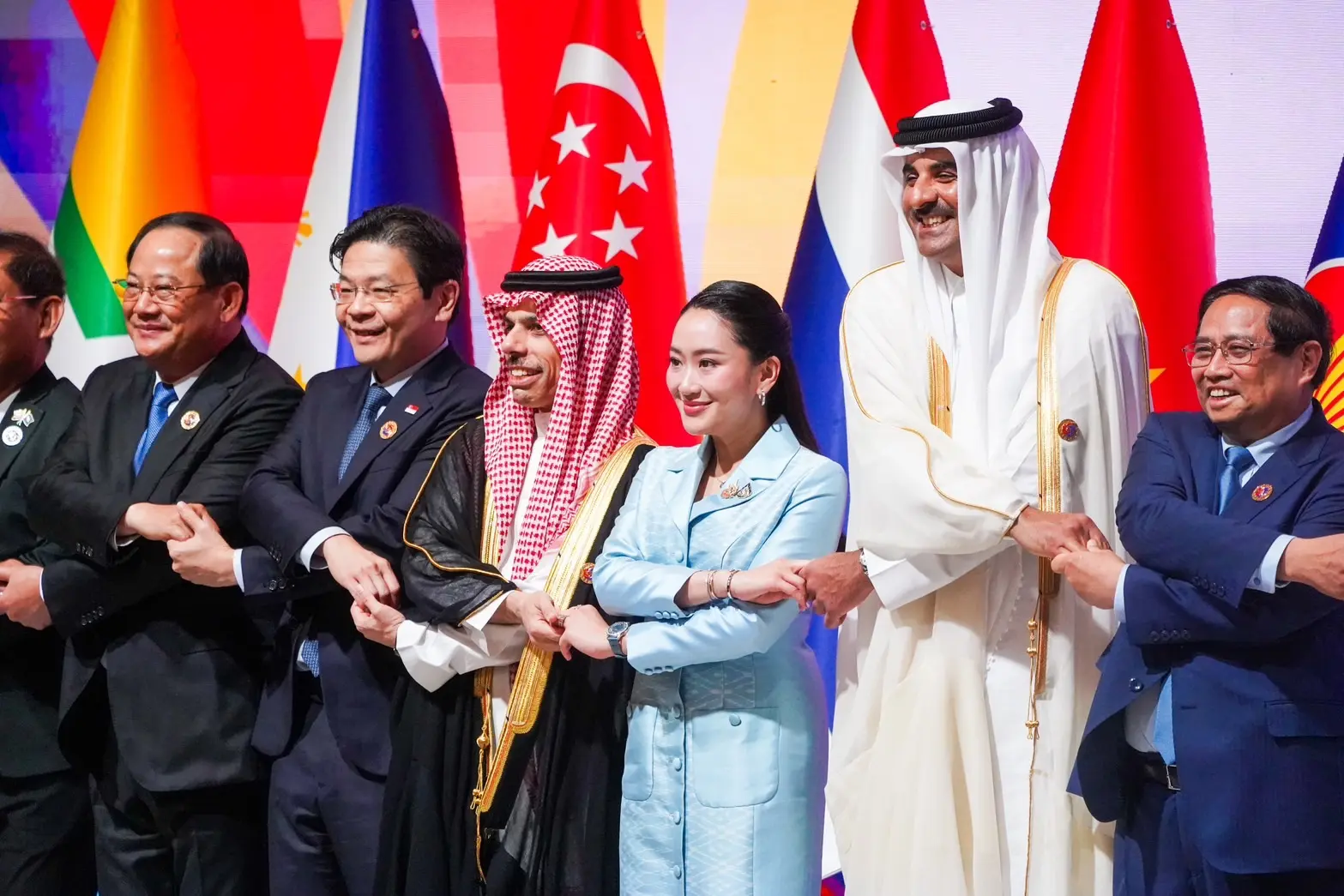
The 47th ASEAN Summit in Kuala Lumpur from 26–28 October 2025 marked a pivotal moment for Southeast Asia. With East Timor’s historic entry as ASEAN’s 11th member, an upgraded ASEAN-China Free Trade Agreement, and renewed engagement from major powers, the summit reflected both opportunity and strain. The question now is whether ASEAN’s long-standing unity can hold amid global polarisation and rising protectionism.

First Abu Dhabi Bank (FAB) is deepening its role as the financial bridge between the Gulf and Asia. At the second edition of the Middle East–Asia Summit in Singapore, FAB convened over 250 policymakers, investors, and business leaders to discuss how trade, innovation, and sustainability can shape a new era of cross-regional growth.

Developing Story: An Israeli strike in Doha (9 Sept) targeted Hamas figures and killed six, sparking an extraordinary Arab-Islamic Summit (15 Sept). Leaders condemned the attack as a breach of sovereignty, warned that escalation could derail normalisation with Israel, and defended Qatar’s role as mediator. Beyond the rhetoric, Gulf states are now quietly questioning U.S. security guarantees — a shift that could push them to diversify defense ties with Turkey, China, or Russia.

Global trade is tilting east—and the Gulf–ASEAN corridor is emerging as one of the world’s fastest-growing economic axes.

The UAE is doubling down on Islamic finance and halal exports—setting a bold $86B target by 2031 and holding $162B in Islamic deposits. For ASEAN businesses, this is more than a headline—it’s a clear signal to engage. From halal F&B to Sukuk financing, the UAE is opening doors. Time for ASEAN to walk through them.

The recent GCC–ASEAN Ministerial Meeting in Kuala Lumpur reaffirmed strong intentions to deepen economic, political, and strategic cooperation between the two blocs. But as Gulf investments eye Southeast Asia’s fast-growing markets, a hard question remains: Will this partnership move beyond rhetoric?